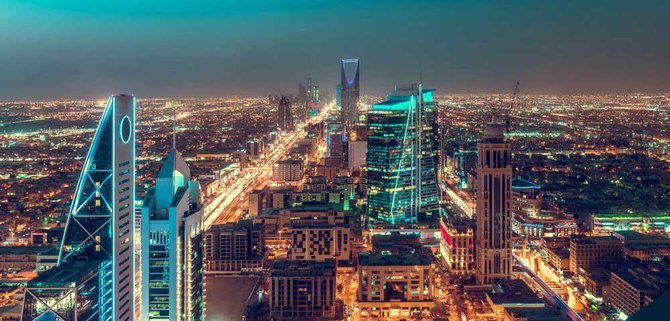
- ARAB NEWS
- 12 Jul 2025

Faisal J. Abbas
The Saudi Shoura Council has voted in favor of a new residency scheme for expatriates. Once approved and implemented by the government, it is likely to resolve many outstanding issues with a current immigration system that is complex, bureaucratic, restrictive and often difficult to navigate.
The new residency scheme — officially known as “Privileged Iqama” and commonly referred to as the Saudi “green card” — was first mentioned by Crown Prince Mohammed bin Salman nearly three years ago. It will give any expatriate who pays the required fee the right to live, work and own business and property in the Kingdom. Those eligible will be able to choose between an annual renewable option or permanent residency, with indefinite leave to remain in exchange for a higher, one-off fee. Government officials tell Arab News the scheme now awaits only Cabinet approval.
Essentially, this new system will end the need for expatriates to have a local sponsor, or “kafeel.” For those who already bend the rules by constantly renewing limited visitor visas, there will no longer be “visa runs” every few months. It will also eliminate long queues at embassies and having to deal with interminable government bureaucracy.
Furthermore, officials say the new scheme will grant expatriates equal rights to Saudis in almost every respect; the exceptions will be citizenship itself, and access to the services that come with it, such as government hospitals and schools.
As for the fees applicants will be required to pay, Arab News understands they are the subject of debate within the concerned government agencies. The amounts being discussed at the moment are thought to be on the high side, which may make the scheme unaffordable for those on lower or even middle incomes.
“America, the most powerful economy the world has even known, was built on the original “green card” system of wise and controlled immigration. There is no reason why Saudi Arabia cannot emulate that success.”
Faisal J. Abbas
Nevertheless, a Saudi “green card” would be a valuable investment for many, and it is something expatriates have craved for decades. Consider this; if millions of devout Muslims are prepared to spend their life savings on the holy journey that is the Hajj pilgrimage, wouldn’t the more well-off welcome the opportunity to own property next to the holy mosques in Makkah or Madinah?
Equally, many expatriates are keen to establish businesses in the Kingdom, or have already set up successful enterprises — but with the burden of having a Saudi sponsor. It is true that some of these sponsorship arrangements have worked well, and delivered long-term success. But too many have ended in bitter disputes and court cases in which the expatriate partner is rarely on the winning side; unfairly, many have had to pay out huge chunks of the profit they worked so hard to earn, or even hand over their share of the business entirely to their local partner.
With a Saudi “green card,” all this may become a thing of the past. With the proper guarantees and processes in place, expatriates will be able to invest freely, confident of being treated in the same way as their Saudi counterparts, and without the need to find a partner who adds no value to the business. It will also unleash the full entrepreneurial spirit of investors who already live here.
The new system will also contribute to social cohesion. Expatriate families who have grown up here will now have the opportunity to remain together, rather than, as is often the case, return to a “home country” that in truth they hardly know.
For this initiative to work, of course, it will need to come with well publicized, guaranteed and irreversible rights. It will also require a transparent and easily navigable system for applicants to track their applications and obtain clear answers.
America, the most powerful economy the world has even known, was built on the original “green card” system of wise and controlled immigration. There is no reason why Saudi Arabia cannot emulate that success.
To all those who will soon obtain their Saudi “green cards,” we welcome you to the Kingdom ... for as long as you wish to stay!
Faisal J. Abbas is Editor-in-Chief of Arab News
Twitter: @FaisalJAbbas